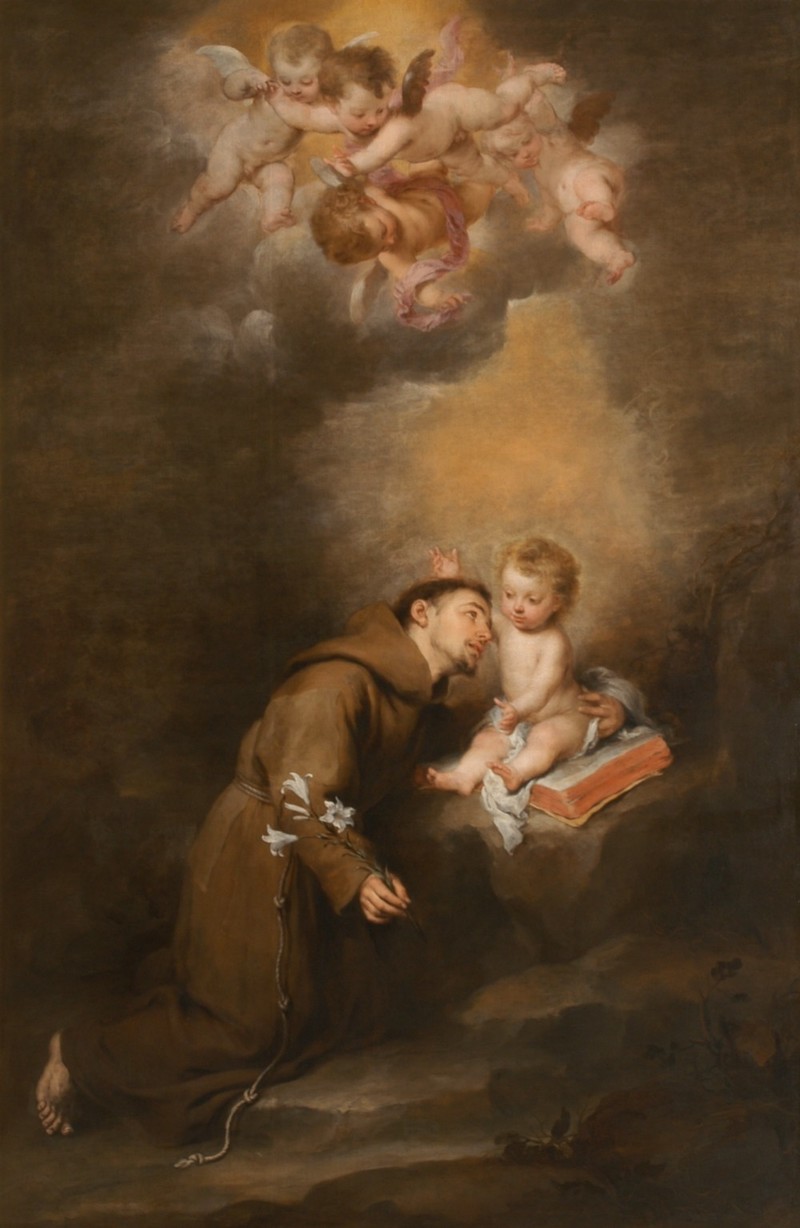What makes a Doctor?
Medical studies at university, Bachelor’s degrees in Medicine (MB) and Surgery (ChB), ‘house jobs’ and registration with the General Medical Council are normally what makes a doctor, but that is not the sort of doctor I am talking about!
Seventy-five years ago on 16 January 1946 Pope Pius XII in the encyclical letter Exulta Lusitania felix declared St. Anthony of Padua to be a Doctor of the Universal Church, one of only thirty-something so-named in 2000 years of Christianity. What is perhaps most surprising is that although St. Anthony was declared a saint less than a year after his death, it took a further 715 years for him to be declared a Doctor of the Church! We may ask, what is required for someone to be declared a Doctor of the Church and why was St. Anthony so declared?
The first question is easy to answer. Pope Benedict XIV (1740 – 1758) taught that three things are required for a saint of God to be honoured as a Doctor of the Church: firstly eminent sanctity, secondly profound learning and thirdly the official designation of the Church. Of course, the notions of ‘eminent sanctity’ and ‘profound learning’ perhaps need to be unpacked a little, and here is not the place to do that – but if you want further details see my book available via the Isle of Wight Catholic History Society![1]
On a slightly more pragmatic note, the Church’s approach to biblical studies ‘developed’ significantly with the publication of Divino Afflante Spiritu in 1943. Again, I’ll spare you all the details here, but the Church was seeking a champion of biblical studies: a great commentator and St Anthony fitted the bill perfectly. Some say that St. Anthony knew the Bible off by heart. Whether that is true or not we will never know, but his writings, his ‘Sermones’, which are outlines for sermons written as a teaching aid for his fellow Friars, show he knew the Bible exceptionally well and so he was a perfect doctoral candidate. Furthermore, St. Anthony’s prayerful and Christological approach to biblical studies was just the sort of approach that the Church of the 1940s was keen to promote.[2]
Next time you think about St. Anthony and maybe ask for his prayers, don’t forget he was not just a baby-faced saint who’ll help you find your lost car keys, but he was a scholar of considerable stature too. Pope Pius XII wrote: Exulta Lusitania felix – Rejoice Happy Portugal – a reference to where St Anthony was born (it is Padua, Italy where he died and is buried) and we may rejoice too in this great saint and Doctor of the Church.
Paul Severn
December 2020
1 Paul Severn, In Search of the Evangelical Doctor, Peterborough: Fastprint Publishing, 2011.
2 See: Paul Severn, “The Christology of St Anthony of Padua: Content and Method” published in The International Journal for the Study of the Christian Church (IJSCC), March 2019, Vol 19(1).




